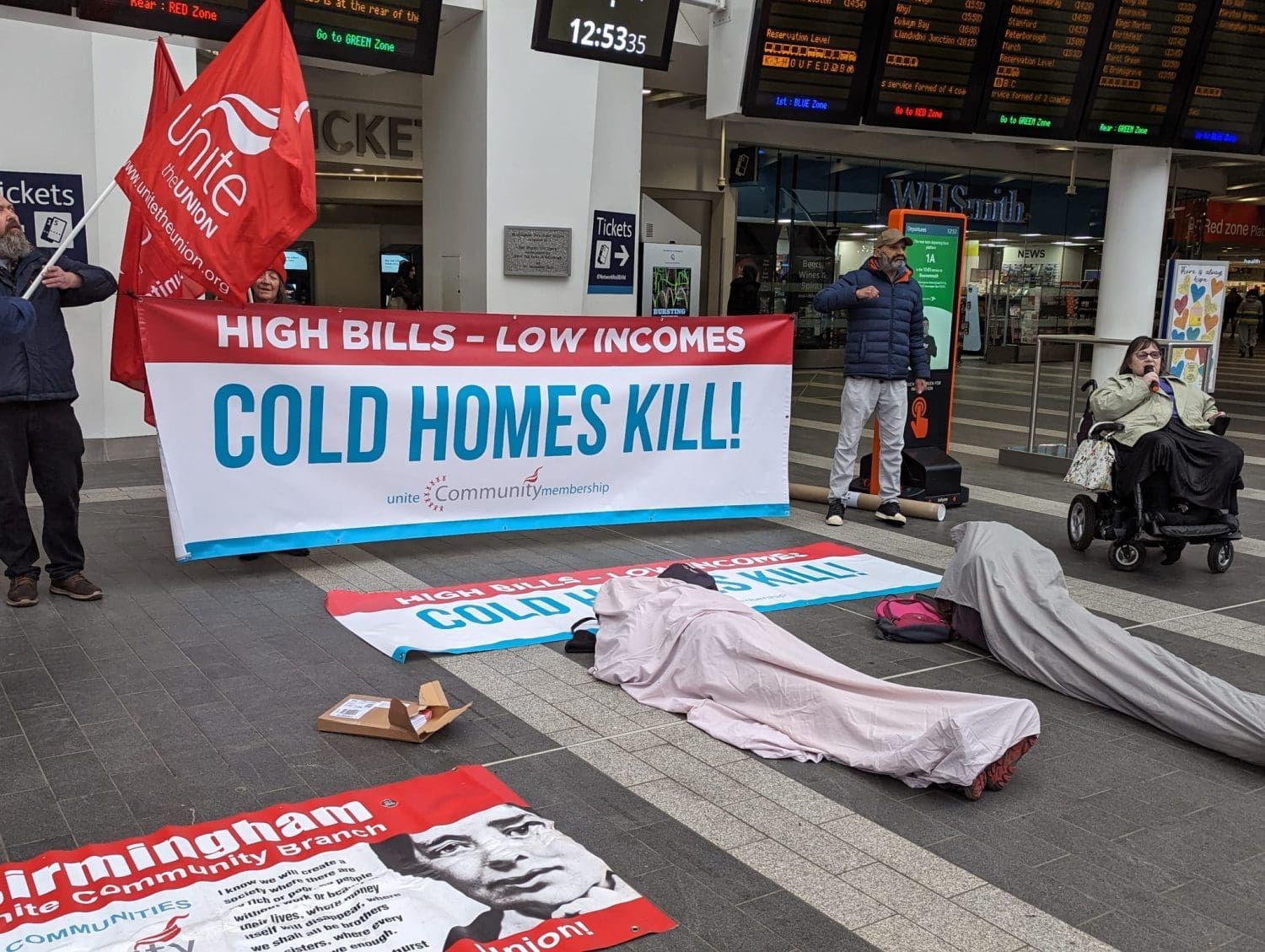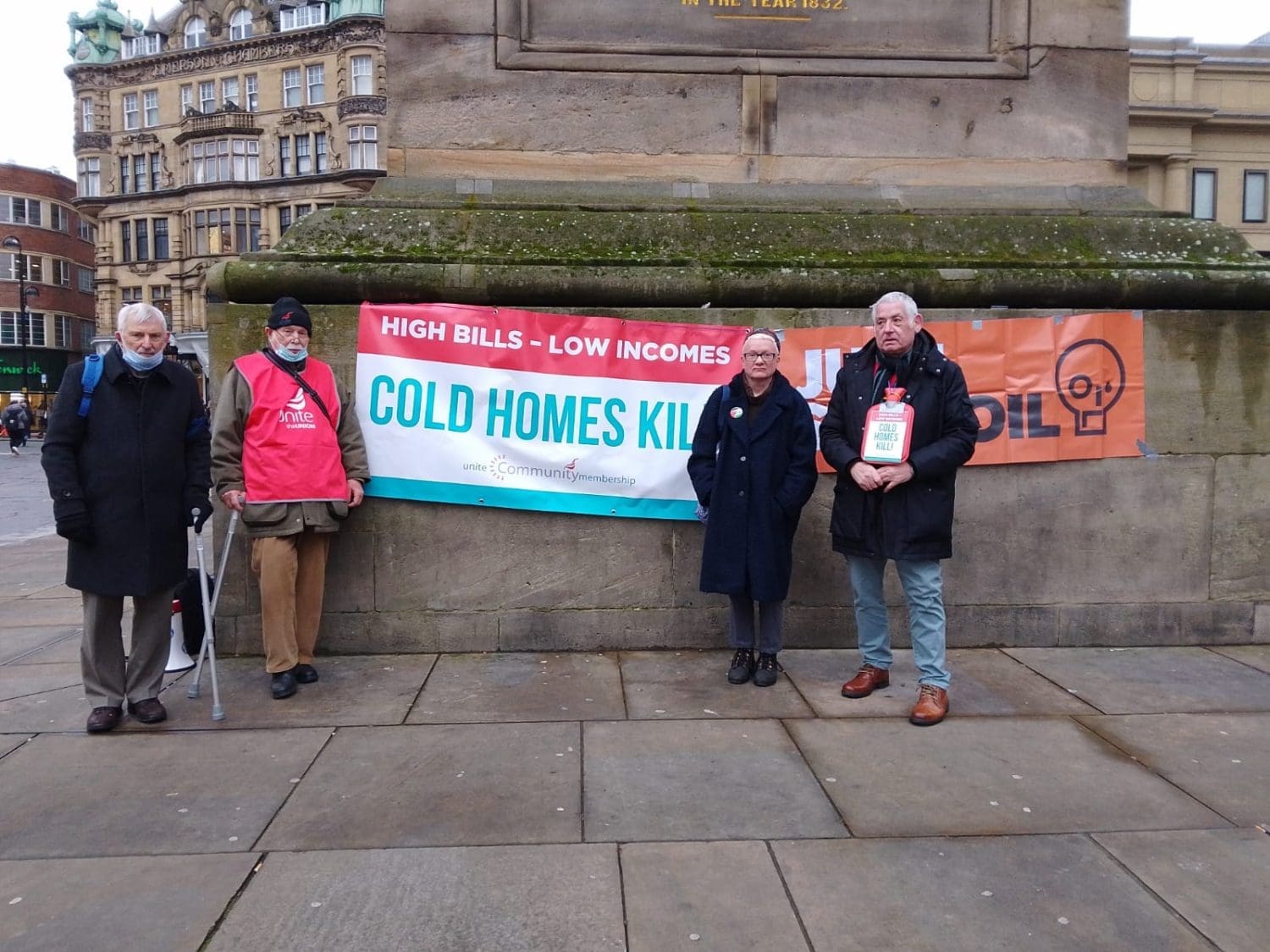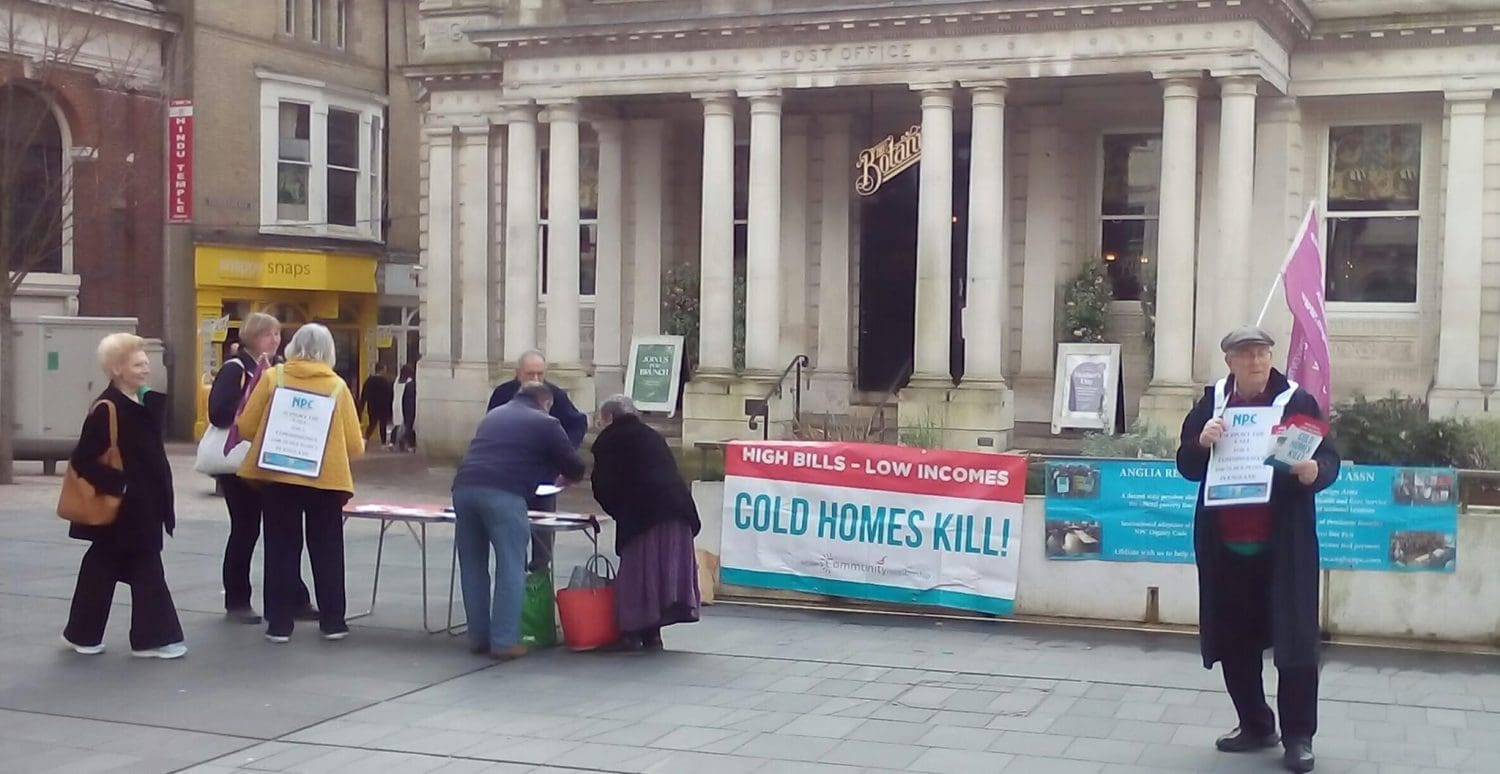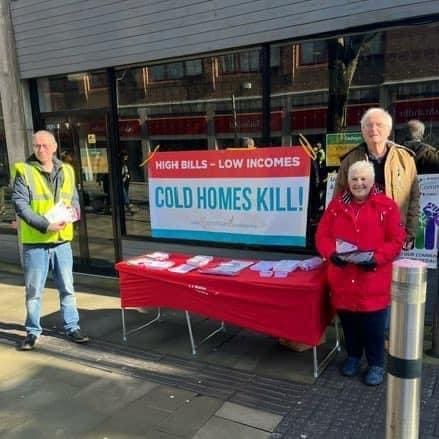“In a historic lunar accomplishment, the first private spacecraft to land successfully on the Moon touched down on February 22,” the journal Nature (2/23/24) trumpeted the following day.
That first paragraph of its story began under a photograph of the spacecraft and the caption: “The spacecraft Odysseus passed over the Moon on 21 February before successfully landing on 22 February.” The photo was credited to “Intuitive Machines/NASA CLPS.”

ABC‘s David Muir (2/22/24): “We have just learned now the landing was a success.”
ABC News anchor David Muir (2/22/24) opened the network’s evening broadcast the day of the touchdown with news of “the first US attempt at landing on the Moon in more than 50 years.”
“We have just learned now the landing was a success,” Muir said.
TV network coverage included celebratory applause in the mission’s control room in Houston, and NASA administrator Bill Nelson (CNN, 2/23/24) declaring: “The US has returned to the Moon. Today is a day that shows the power and promise of NASA’s commercial partnerships.”
‘Still a success’?
NASA paid Intuitive Machines $118 million to design, build and fly Odysseus.
“Houston, Odysseus has found its new home,” declared Stephen Altemus (USA Today, 2/22/24), the company’s president and CEO.
But success turned out not to be the best word to describe what happened.

AP (2/25/24): “The first private US spacecraft to land on the moon broke a leg at touchdown before falling over.”
As the Associated Press reported on February 25:
The first private US spacecraft to land on the Moon broke a leg at touchdown before falling over, according to company officials who said Wednesday it was on the verge of losing power.
“The lander came in too fast, skidded and tumbled over as it touched down near the Moon’s south pole last week,” said Altemus. The lander, named Odysseus, was still alive and generating solar power but expected to go silent soon. Late Wednesday night, the company said the lander might linger into Thursday.
AP’s aerospace writer, Marcia Dunn, quoted Altemus saying that flight controllers would “’tuck Odie in for the cold night of the Moon’ so in two to three weeks, once lunar night lifts, they can try to regain contact.”
But, her piece continued: “Mission director Tim Crain said it’s uncertain if Odysseus will wake up. The extreme cold of the lunar night could crack the electronics and kill the batteries.”
Still, the headline of USA Today on February 28 was “Odysseus Lander Tipped Over on the Moon: Here’s Why NASA Says the Mission Was Still a Success.” The article began:
The Odysseus lunar lander came in hot and fast during a dramatic Moon landing a week ago, which appeared to send the spacecraft toppling onto its side. The position of the craft seemed to obstruct some of its antennas from pointing toward Earth, while its solar panels were in far from an ideal position to generate energy from the overhead sun. Flight controllers feared the worst and raced against time to get as much data as they could before the energy-deprived Odysseus heaved its final gasp and went silent. But concerns that the sideways landing spelled doom for the mission have been naught: As of Wednesday afternoon, Odysseus is still beaming back valuable intel.
On Thursday, February 29, Odysseus fell silent.
‘Love affair with space program’

(Common Courage, 1997)
From the start, much of the media have been highly supportive of the space program—serving, indeed, as cheerleaders. I wrote the book The Wrong Stuff, about the use of atomic power and nuclear material in space, after breaking the story in The Nation in 1986 on how the next mission of the ill-fated Challenger space shuttle would have involved lofting a plutonium-fueled space probe.
In the book, I cited an article by William Boot, “NASA and the Spellbound Press,” that appeared in the Columbia Journalism Review (7/1/86), of which he was former editor. He found “gullibility” in the press:
Dazzled by the space agency’s image of technological brilliant, space reporters spared NASA the thorough scrutiny that might have improved chances of averting tragedy—through hard-hitting investigations drawing Congress’s wandering attention to the issue of shuttle safety.
“US journalists have long had a love affair with the space program,” Boot said. “In the pre-[Challenger] explosion days, many space reporters appeared to regard themselves as participants, along with NASA, in a great cosmic quest. Transcripts of NASA press conferences reveal that it was not unusual for reporters to use the first-person plural,” wrote Boot, with such statements such as, “When are we going to launch?”
I interviewed John Noble Wilford, space reporter for the New York Times, who acknowledged that
there’s still a lot of space reporters who are groupies. Some are turned on by rockets and science fiction, and they got into it because of that, and they tend to be the least critical. They go along because it’s fun. But I think the mainline reporters are more skeptical when NASA says this, this and this.
Still, Wilford said, “some of the things that NASA does are so great, so marvelous, so it’s easy to forget to be critical.”
In his book Mars Beckons: The Great Mysteries, the Challenges, the Expectations of Our Next Great Adventure in Space (Knopf, 1990), Wilford himself perhaps forgot to be critical. He waxed poetic about how “a fleet of cargo ships, possibly powered by a new kind of rocket using nuclear-electric propulsion,” would provide supplies for a base on the Moon. From there, on a nuclear-powered rocket, Wilford wrote, “people would be ready to make the greater stride, to Mars.”
CBS reporter Bruce Hall, who covered the space program, had an article in Editor & Publisher (7/12/86) headlined “Could the Media Have Prevented Shuttle Disaster?” Hall wrote:
We now know that NASA was playing space-age Russian roulette and lost…. We had become lackadaisical. We were being spoonfed by a very good NASA public affairs office. And when we did turn up something, editors and show producers had no interest.
‘No second home’

Discover (9/8/23) points to “major challenges right now that would largely preclude tourists from visiting Mars, mostly because of the radiation…which can damage the human body and cause all sorts of degenerative diseases.”
In recent times, there has been some more critical reporting on space issues. In a recent issue of Discover magazine (9/8/23), “Road Trip to the Red Planet,” Sara Novak wrote about “what it would be like to stay or live on Mars.” Putting a damper on billionaire fantasies of Mars colonization, she noted, “Mars is an arid, inhospitable desert, with temperatures reaching minus 81 degrees Fahrenheit regularly.”
What’s more, the Red Planet would not be “habitable without spacesuits and a completely enclosed environment, because the planet’s air is about 95% carbon dioxide.” Novak added:
Colonists on Mars would face other challenges, too. For starters, it would be difficult to grow plants in Mars’ regolith, or soil, which contains poisonous compounds of chlorine in molecules called perchlorates. All of the elements that we take for granted on Earth would not exist on Mars.
Or take the book published last year, A City on Mars: Can We Settle Space, Should We Settle Space, and Have We Really Thought This Through? (PenguinRandomHouse, 2023). In it, Kelly and Zach Weinersmith wrote:
The truth is that settling other worlds, in the sense of creating self-sustaining societies somewhere away from Earth, is not only quite unlikely anytime soon, it won’t deliver on the benefits touted by advocates. No vast riches, no new independent nations, no second home for humanity, not even a safety bunker for ultra elites. Yet we find ourselves in a world where space agencies, huge corporations, and media-savvy billionaires are promising something else. According to them, settlements are coming, perhaps as soon as 2050 or so.
The Weinersmiths provided a reality check: “Even if we thought space settlements would take pressure off of Earth’s seas and lands, they will absolutely not arrive in time to thwart an environmental calamity.”
Fantasies of escape

Jacobin (2/23/24) notes that Elon Musk has proposed “an indentured labor package where workers take out a loan to pay for their tickets” to Mars.
Or consider the article last month in Jacobin (2/23/24), “Get These Rich People Off the Moon”:
Texas start-up Intuitive Machines has achieved the first Moon landing by a private firm. It’s dumping rich people’s detritus on the lunar surface—a grim sign of how the superrich plan to plant their flag beyond our own planet…. As well as a lot of expensive thing-a-me-scopes, the company dropped off Jeff Koons’ prized marbles…a set of 125 one-inch balls representing the eight phases of the Moon in different colors.
Author Peter Howson noted that
Astrobotic’s Peregrine lander had been supposed to dispose of at least 70 dead rich people (and one rich dog) on the lunar surface…. Elon Musk famously sent a Tesla Roadster as the dummy payload for the 2018 Falon Heavy test flight…. Other than allowing billionaires and private companies to benefit from taxpayer-funded pipe dreams and advertising, the value of going to the Moon for all mankind is not at all clear.
Peregrine’s failed Moon mission in January carried the ashes of science fiction writers Arthur C. Clarke and Gene Roddenberry, along with five NASA experiments. NASA paid Pittsburgh-based Astrobotic $108 million toward that mission, which underwent what was described by the New York Times (1/18/24) as a “propulsion malfunction” that led to it being aimed back at the Earth. “American Company’s Moon Lander Disintegrates in Earth’s Atmosphere” was the headline of the Times‘ piece, by Kenneth Chang who, the Times noted, “has reported on four failed Moon lander missions, and three successful landings, since 2019.”
The Times last month also ran a piece (1/19/24) headlined “Racing to Land, or Crash, on the Moon.” One part was headed, “64 Years of Moon Crashes.” It said:
Robotic spacecraft have made a series of impacts, belly flops and hard landings—some intentional, others unplanned—since 1959, when the Soviet Union’s Luna 2 became the first probe to hit the Moon.
Space “is one of the most extreme environments imaginable,” as the European Space Agency emphasizes on its website.
Insert atomic power—and NASA is now again moving ahead with nuclear-propelled rocket projects—and use of nuclear materials into the equation, and the threats to life are many, many times multiplied.
We reside on this exquisite blue marble in space that sustains life—and we so need to be stewards caring for the Earth, not indulging in dangerous, ultra-expensive and most dubious fantasies of escape.
The post Applause for Lunar Failure Follows Decades of Space Program Cheerleading appeared first on FAIR.
This post was originally published on FAIR.


















